Google: Business users want consumer tools
The time is right for cloud computing to develop for businesses, says Google.

Google outlined its vision of cloud computing', focusing on business users using the collaborative tools they are used to in their non-working lives.
Dave Armstrong, Google Enterprise's head of product and marketing for EMEA, said that Google were well positioned to offer online consumer tools in the cloud that were better than tools employees often found in the workplace.
Talking at Cloud Expo Europe in London, Armstrong used the example of users sending documents to each other.
He claimed that it often got confusing as they were sent in different formats, which often needed to be converted back into a suitable format for a manager, without any errors.
Consumers were already used to Google Apps, but businesses could also use features such as Google Docs to edit documents without dealing with different versions.
He said: "There are some other things that are unique to cloud computing that we could never do in the past, just as we could never collaborate in that way."
Armstrong revealed two other features that Google was using, both internally and for its enterprise customers, which was made possible by the cloud.
Sign up today and you will receive a free copy of our Future Focus 2025 report - the leading guidance on AI, cybersecurity and other IT challenges as per 700+ senior executives
One of them was video conferencing within the browser, which meant that users could communicate with each other simply with an internet connection and a webcam.
He said: "It's interesting because the president of Google Enterprise Dave Gerard was actually flying across the US on American Airlines a couple of days ago, and they now have Wi-Fi on their planes."
"He was able to do a video conference call through a browser on a laptop on a plane for a colleague down in California," he said.
The other feature was real-time translation through instant messaging in 41 different languages, which meant that real-time users could communicate with people from other countries, without needing to know the language.
He said: "It does overcome one of the challenges that we see in our global business, which is that English isn't the native tongue for everyone."
Armstrong also mentioned Gmail's new ability to translate emails into different languages, which he said was difficult to do simply using your own computer as it didn't have enough processing capability.
-
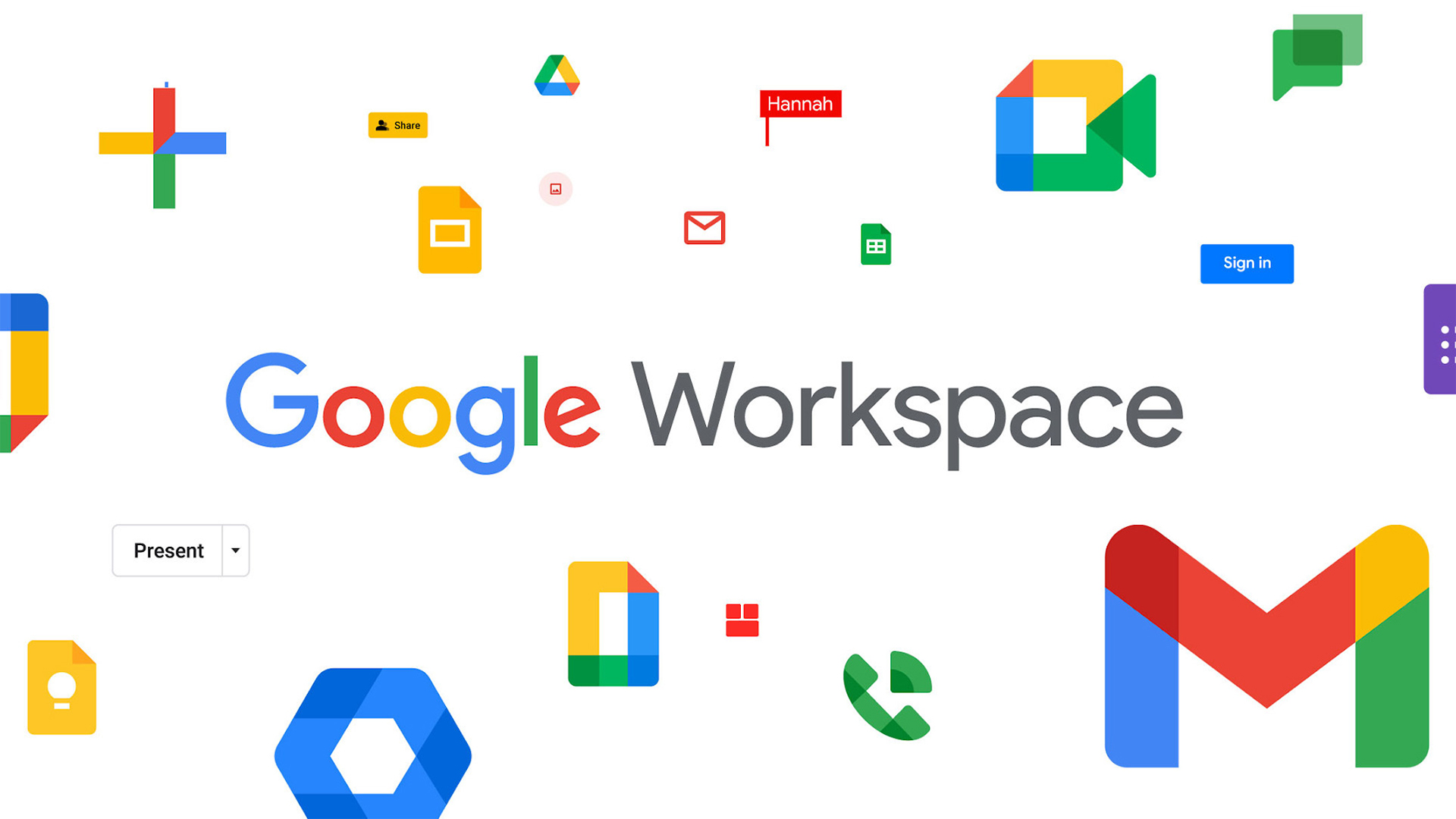 Google Workspace is getting a Gemini makeover – but prices are going to increase
Google Workspace is getting a Gemini makeover – but prices are going to increaseNews The new pricing structure may help Google boost competition with Microsoft
-
 Zoom wants to take on Google and Microsoft with its own Docs
Zoom wants to take on Google and Microsoft with its own DocsNews Zoom Docs arrives loaded with generative AI – and the company hopes to mount a serious challenge against industry heavyweights
-
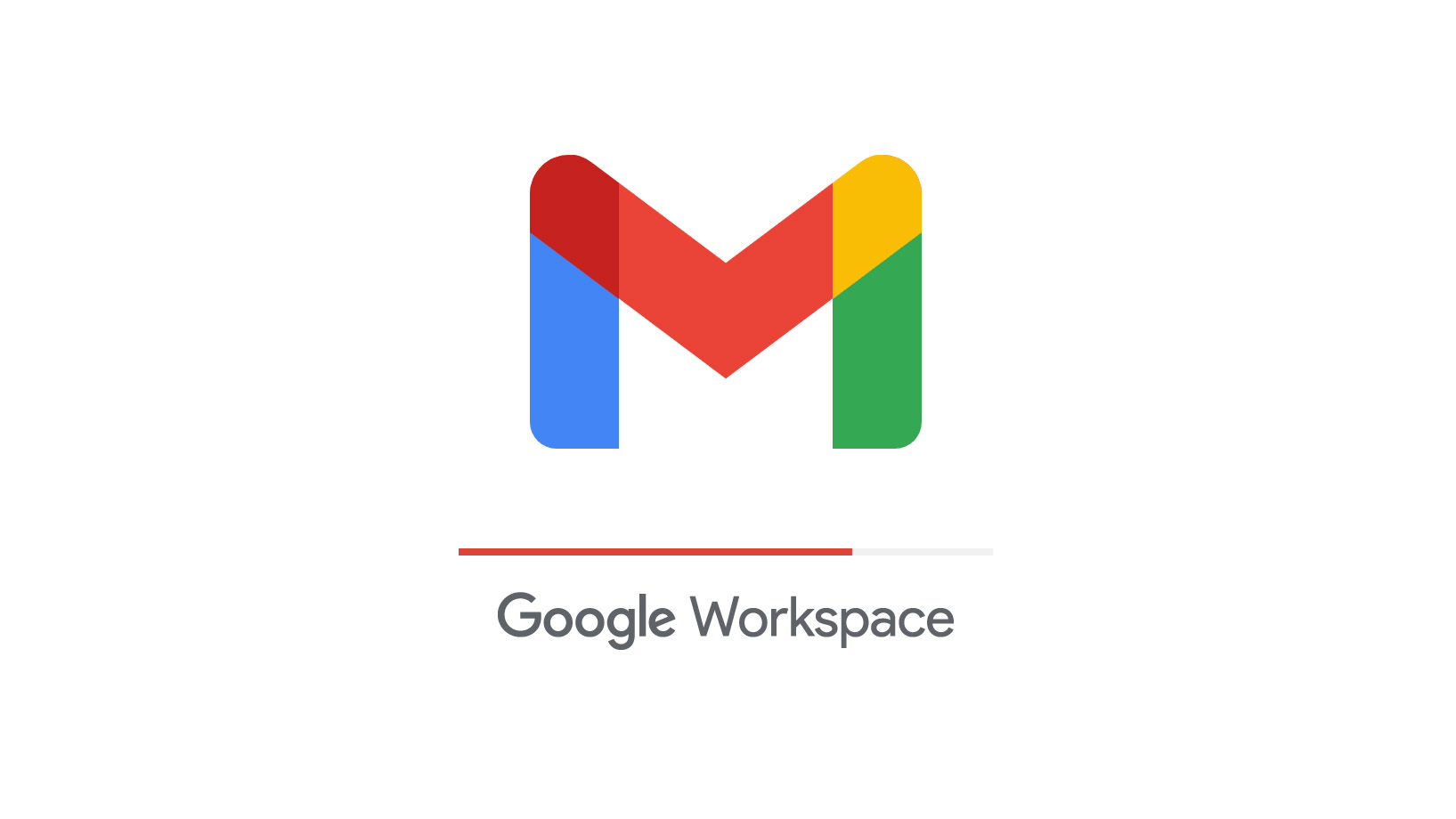 Google Workspace Review: A simple aesthetic with productivity in mind
Google Workspace Review: A simple aesthetic with productivity in mindReviews From free to enterprise, Google’s ever-popular productivity suite has a range of tiers and functions for all sizes of business
-
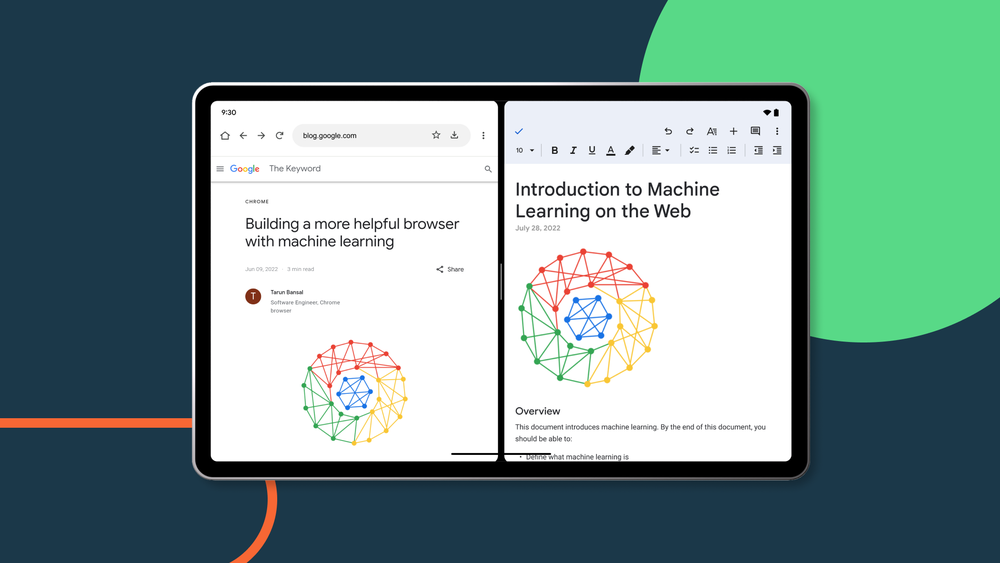 Android adds drag and drop features to tablet OS
Android adds drag and drop features to tablet OSNews Share text, images and links across Drive, Docs, Sheets, Slides and more in split screen mode
-
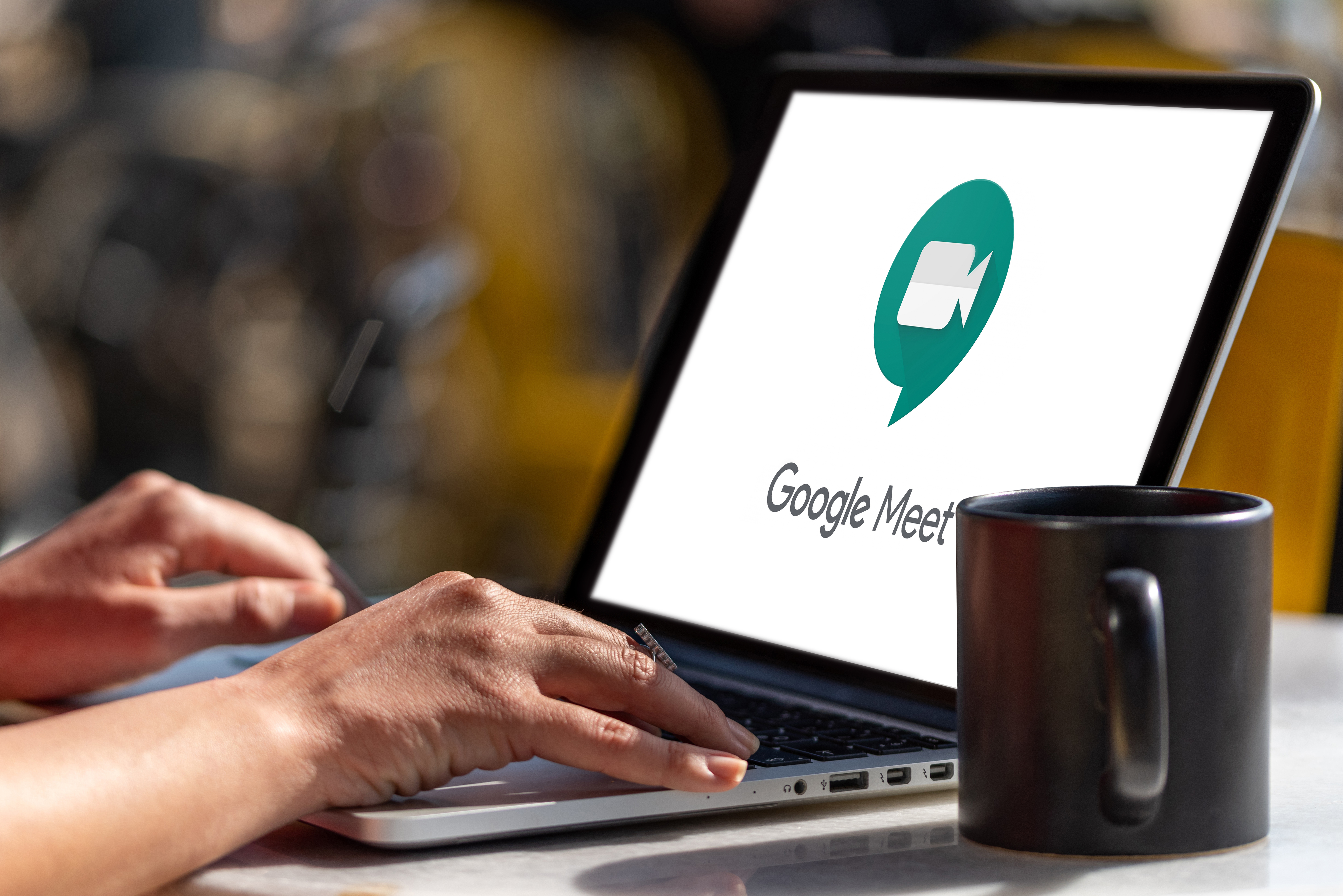 Google Workspace update adds Meet calls to Docs and Sheets, chat threads to Spaces
Google Workspace update adds Meet calls to Docs and Sheets, chat threads to SpacesNews Update aims to addressed 'top requested' features from enterprise customers
-
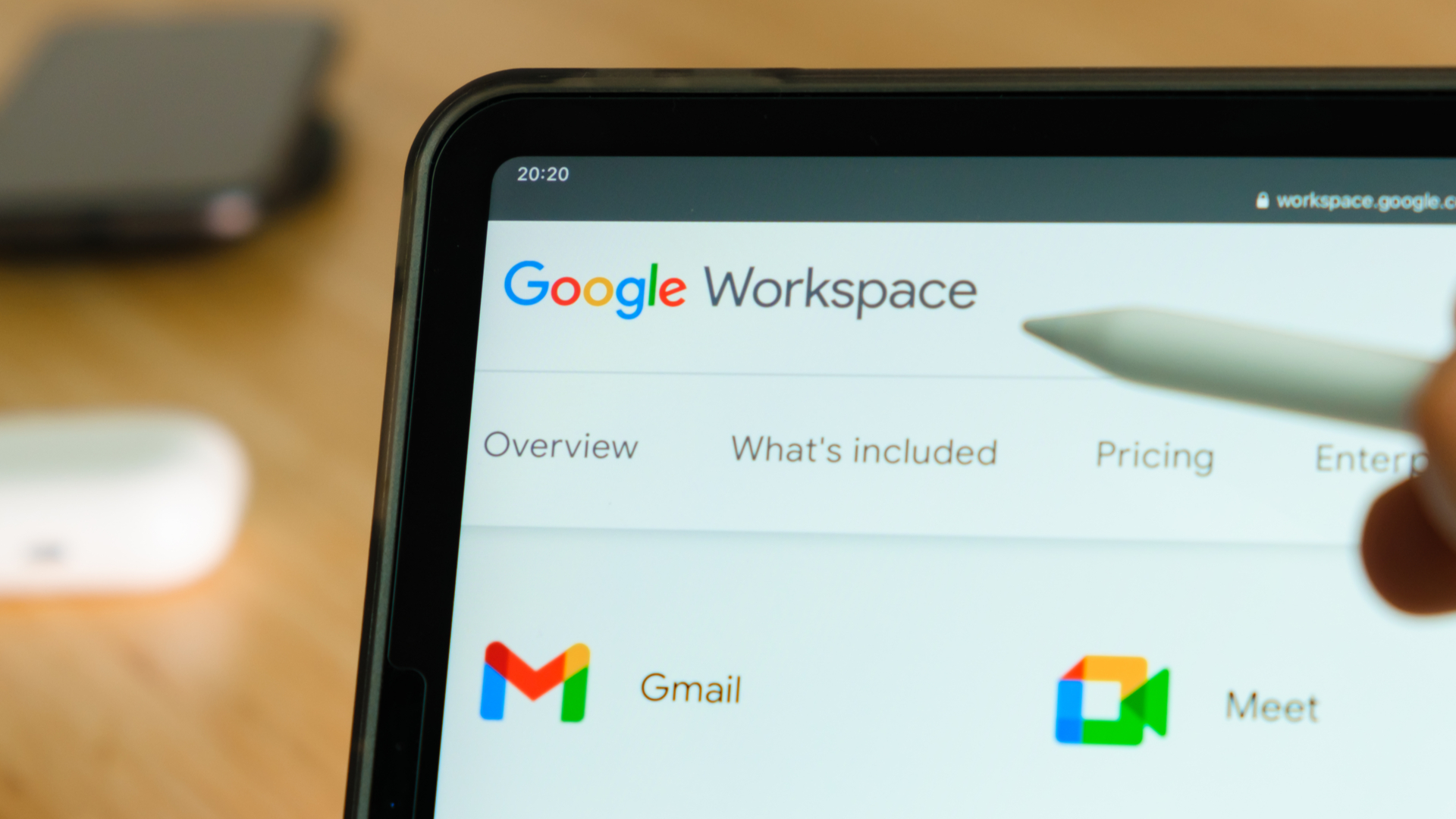 Google introduces free Workspace plan for businesses without Gmail
Google introduces free Workspace plan for businesses without GmailNews Organisations can enjoy all the collaboration benefits of Workspace, regardless of their email provider, for free
-
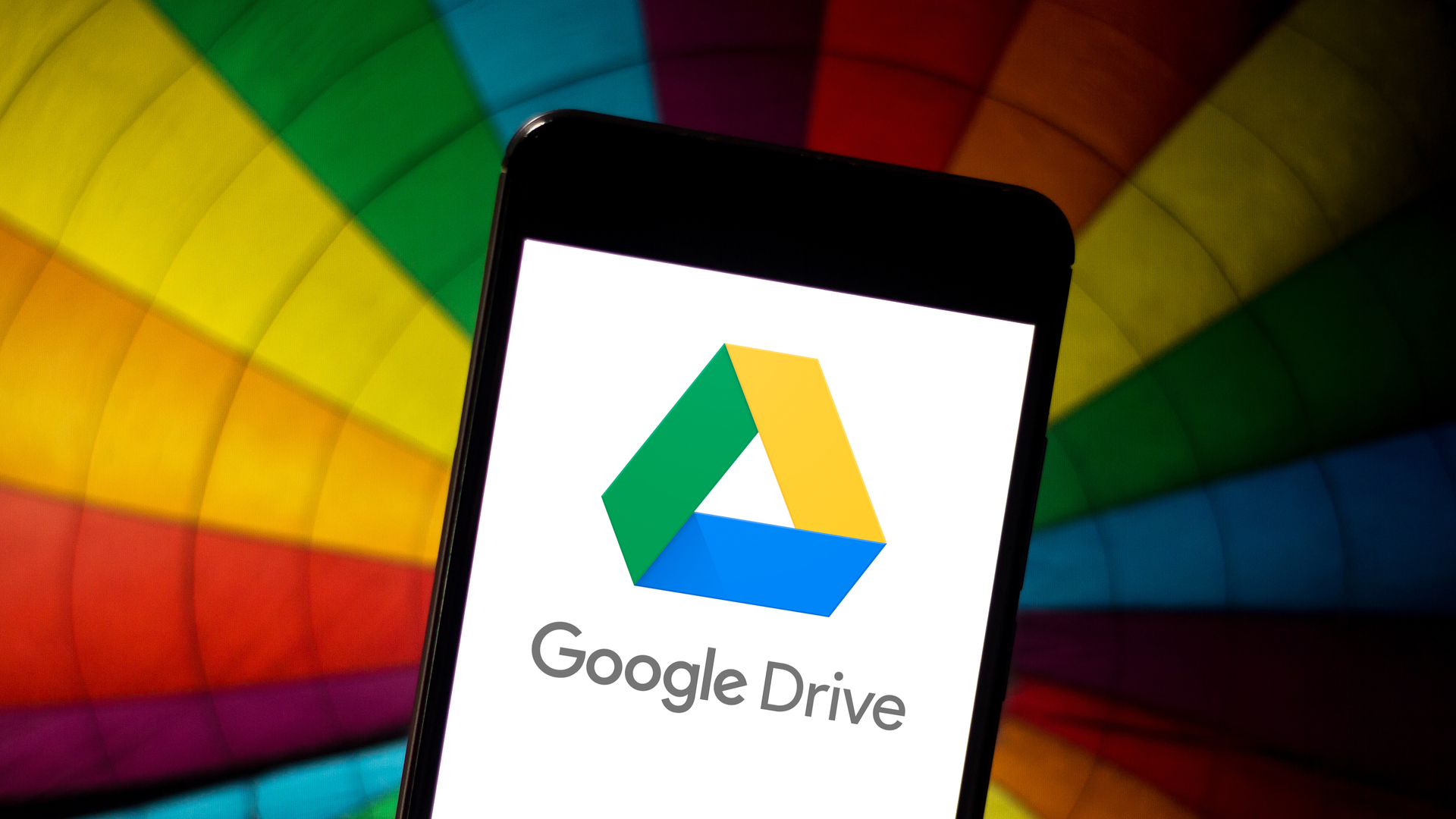 Google replaces Backup and Sync with Drive for Desktop
Google replaces Backup and Sync with Drive for DesktopNews The tech giant recommends that users transition to the new service by the end of September
-
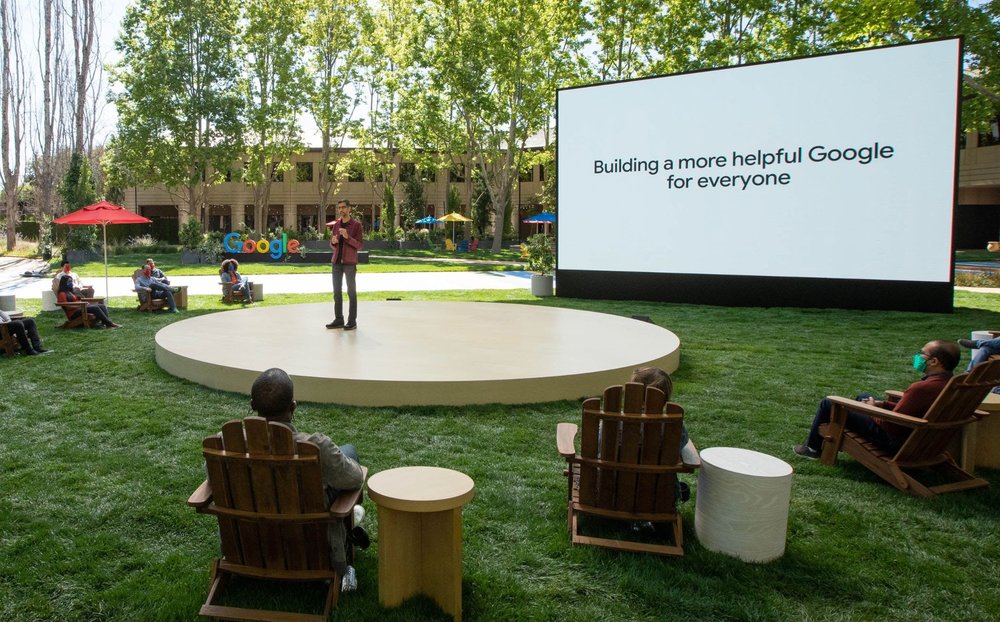 Google I/O 2021: Android 12, 3D video calls, Workspace updates and more
Google I/O 2021: Android 12, 3D video calls, Workspace updates and moreNews We've rounded up all of the biggest announcements from Google's in-person developer conference

